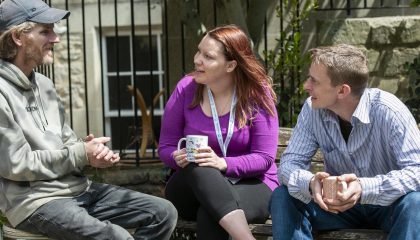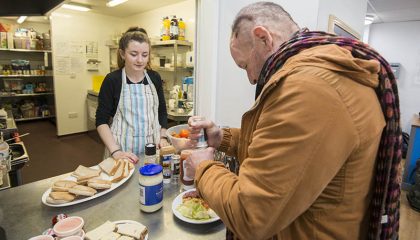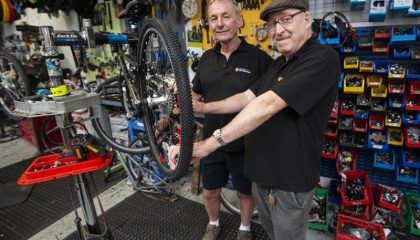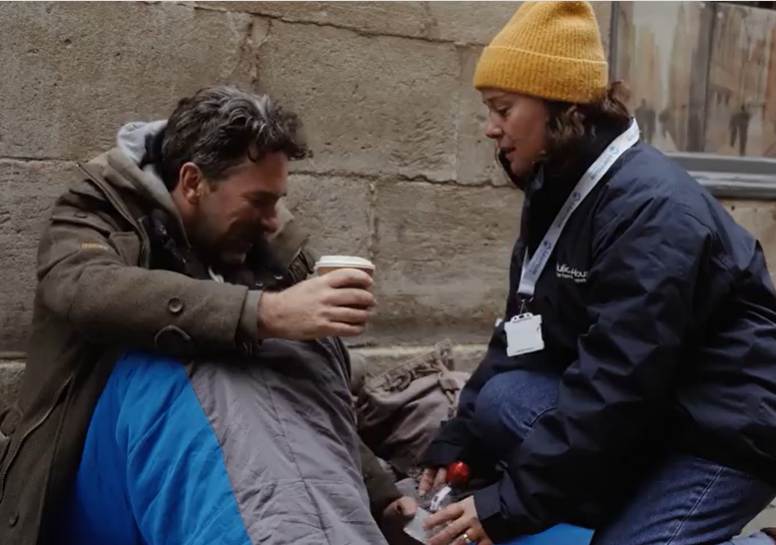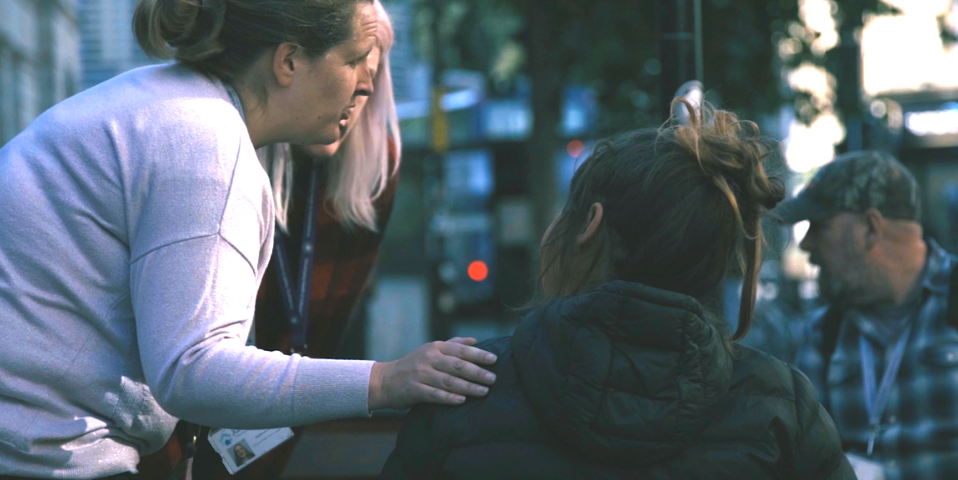
Within our Outreach teams we have a specialist team member that supports vulnerable women on the street.
We caught up with Mel Argent who supports women in Dorset to see why her role is so important.
What does a Women and Domestic Abuse Casework Coordinator do?
My role is varied as I work as part of a wider team, but I specialise in working with women who have experienced Domestic Abuse, sexual assaults, have experienced multiple trauma’s and have often lost their children and the ability to contact them. I try and build relationships with these women through individual sessions, often focussing on their interests, such as art, craft, cooking.
I also try to link them in to appropriate specialist services and group work opportunities. I advocate for them to the council and try and link them with suitable housing options, or I support them to sustain their temporary housing while pursuing longer term housing options through the council.
What are the main challenges that women face on the street that are different to men?
Women face increased safety risks such as rape and sexual assault. Often they are dependent on substances, and this makes them extremely vulnerable to abuse, and sometimes they will link with certain males on the street to ‘protect them’. There are less women on the street and no accommodation services for them specifically, often they may be the only woman in a service or hostel which can make them feel isolated and at risk.
Other struggles they face also include selling themselves for sex in exchange for shelter for the night, lack of women’s hygiene products, multiple traumatic experiences such as escaping violent relationships or loosing their children, which leads to very little or no self-esteem.
We also see women who are in abusive relationships and they are unable to escape this as they have no where safe to reside, they can often feel trapped in the relationship for years.
Why is it important to have a specific woman’s worker on the team?
It’s important to have the time to build up trusting relationships, female to female, and advocate for them. I can sensitively address more intimate and personal matters with them regarding their negative experiences, past or present, and these will often relate to males.
I flag up their needs and keep them on the agenda and raise awareness with the wider team. I can link in with specific forums and projects and bring this information to the wider team through ongoing conversations and training. I can offer a specific, trauma informed, gendered perspective which is vital to help these woman feel connected.
What does a day in the life look like for you? What sorts of things do you do day-to-day?
Currently, I see around 6 to 10 clients on a weekly basis. I am currently linking in with Social Services to try and arrange contact for a woman with her child. I am also trying to reunite another woman with her adult son via Social Service. I am helping another woman with moving into her first flat and supporting that transition. With other clients, I will engage them in activities to help enrich their lives, at the moment this includes stone painting.
I do regular multi agency working and organise risk management regarding a couple of high-risk women. With some women I attend regular medical appointments and help with managing their money better, and with one client I am currently supporting them to escaping her financially abusive ex.

